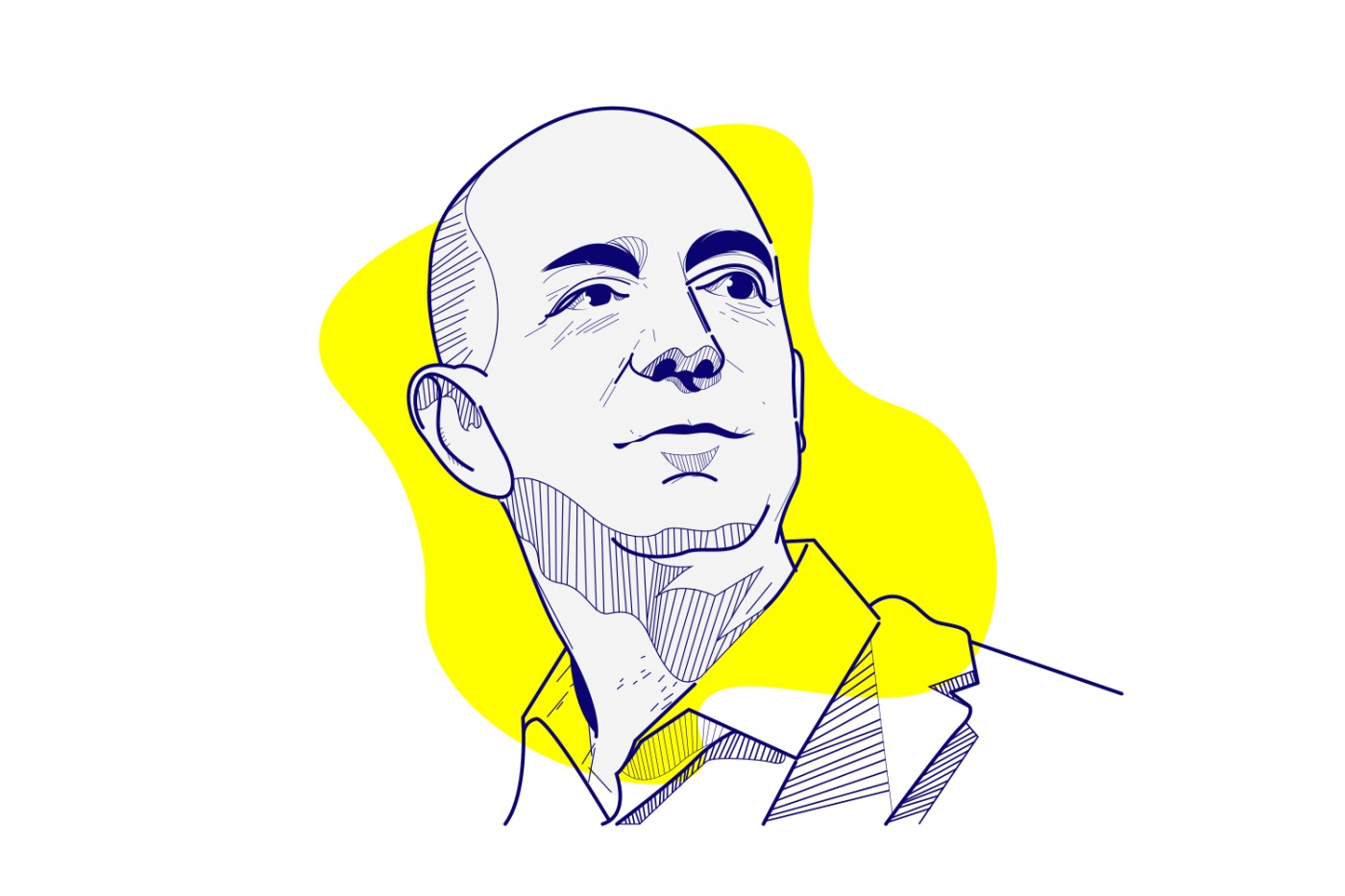How Do Billionaires Conceive Lucrative Business Ideas?
In the past few years, the desire to be an entrepreneur is more popular than ever, thanks to media attention. Everyone is clamouring to be the next Mark Zuckerberg or Elon Musk, but how do you know if your idea is “big” enough?
When Alex Craig started Potato Parcel in 2015, his girlfriend then laughed at him. The idea of sending potatoes etched with personalised messages was so ludicrous that no one ever thought it would succeed. But Alex persisted, and months later, the start-up was bought for US$42,000 by entrepreneur Riad Bekhit. Today, they have sold more than 70,000 potatoes and earned over US$700,000 in revenue. Who would have guessed that a blanket with sleeves (Snuggie) could attract 25 million buyers and generate US$40 million in the first three months? Do not discount stupid ideas; they can become massive successes. Here are four strategies that billionaires use to help them identify the next big thing.
Write down problems that you encounter daily
Jack Ma once said, “Opportunity lies in the place where complaints are.” Document three problems that you face daily for 30 days. These problems may seem rather vague like “traffic jams” or “long waiting and queuing time for food in the CDB” initially. However, when you are forced to examine them deeply, you naturally become more observant and critical of your surroundings. At the end of 30 days, you will realise that these pain points could be a golden opportunity for you to find a solution. And if you are being plagued by it, surely other customers would be too. Once you eliminate a pain point, you become of value to others. Many businesses take off because they know what their target audience likes and dislikes, and this exercise trains you to put yourself in the customer’s shoes.
Create something that adds value to the world
“What is the use of living, if it be not to strive for noble causes and to make this muddled world a better place for those who will live in it after we are gone?” Recognise that quote from Winston Churchill? Often, the most successful people in the world have done so with an idea, product or service that has enriched people’s lives. Take clothing retailer Patagonia, for example. Yvon Chouinard isn’t creating anything revolutionary but has positioned the company as strong environmentalists, who create high-performance gear (with minimal carbon footprint) that are durable and made to last. Today, Patagonia is a billion-dollar global brand.
Once upon a time, Airbnb was a tiny startup that began with blow-up air mattress rentals on floors. Founders Brian Chesky and Joe Gebbia were strapped for cash and decided to rent out part of their apartment to conference visitors in San Francisco. They set up a basic site called airbedandbreakfast.com and had three guests who paid US$80 each over the next few days. Presently, the company is a unicorn and a huge part of its success lies in how the business adds value to society. Travellers have more options for lodging and anyone can make money by renting out part or all of their homes.
Focus on a high-growth industry and meet the demands of people
Apart from tourism, other high-growth industries include e-commerce, financial services, artificial intelligence and IT. The world’s richest man Jeff Bezos, who started Amazon in his garage in 1994, was fascinated by the rapid growth of internet usage with a surge of 2300 per cent a month. Once he identified the potential in e-commerce, he started to think about how he could launch an internet business. After brainstorming and coming up with 20 products he thought would sell well online, he decided to set up an online marketplace for books, since a virtual bookstore could stock a million more titles than a physical bookstore. Since then, Amazon has become the world’s largest online marketplace. The tech giant also distributes and streams music, videos and audiobooks, has a publishing arm, a film and television studio and a cloud computing subsidiary. Its largest acquisition in 2017 of upscale supermarket Whole Foods Market has allowed Amazon to earn additional revenue from daily grocery items too.
Get people to critique your idea
Most budding entrepreneurs tend to be protective over their business ideas, as they fear judgement or copycats. However, gathering any feedback can be a boon instead of a bane. Seasoned entrepreneurs like Bill Gates advocate putting your ideas out in the open, and letting people assess them. Ask close friends to evaluate your idea and try to pick it apart. By doing so, you will be able to discover any shortcomings or blind spots as early as possible and rectify them. You can also use these opinions as a springboard to pivot early (if need be) rather than at a later stage, which can cost time and money. Be mindful that not all feedback is useful and worth your time. Avoid engaging with those who pour cold water on your concept. Ultimately, trust your gut, follow your instincts and seize opportunities when they present themselves.


